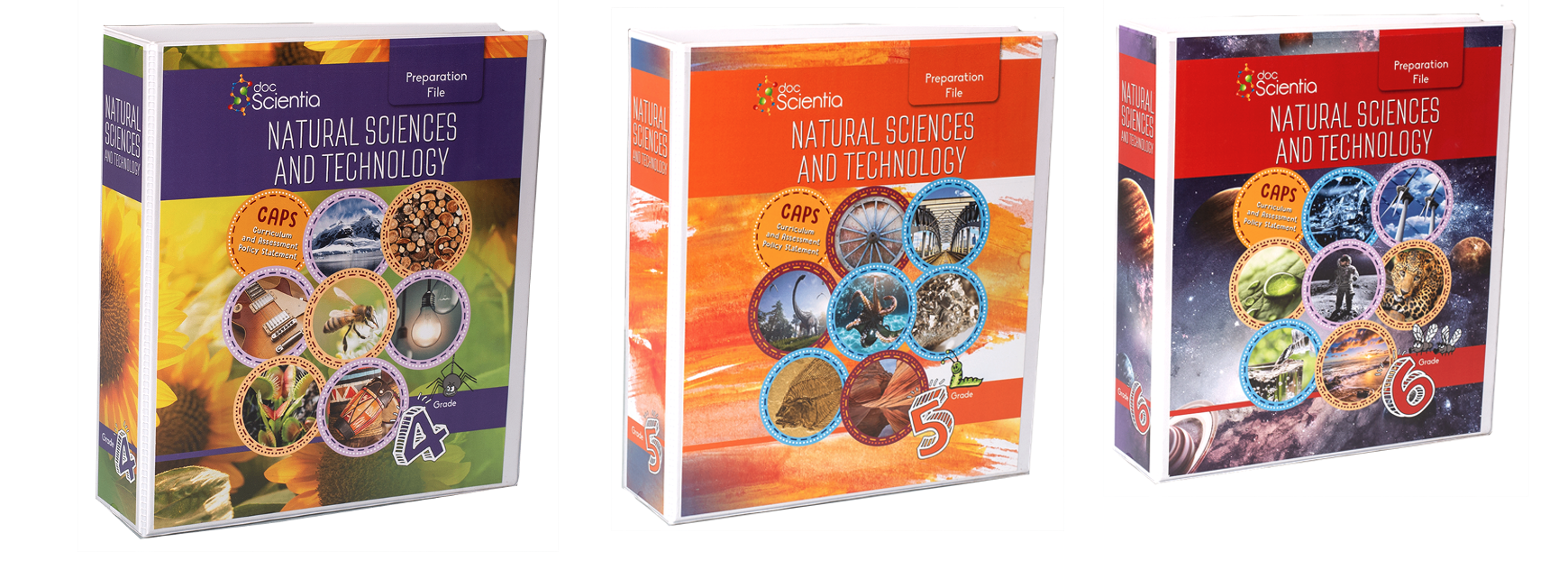Natural Sciences and Technology – Key Highlights
- The South African educational system uses the CAPS curriculum for all primary school subjects.
- Natural Sciences and Technology are taught as a single, integrated subject.
- The Intermediate Phase includes Grade 4, Grade 5, and Grade 6, with a consistent set of core subjects.
- Compulsory subjects include a Home Language, First Additional Language (FAL), Mathematics, Life Skills, Social Sciences, and Natural Sciences and Technology.
- Assessments involve practical tasks, School-Based Assessments (SBA), and formal exam papers.
- This subject prepares learners for further education by building foundational scientific and problem-solving skills.
Introduction
Welcome to the exciting world of Natural Sciences and Technology in South Africa’s primary schools! This subject is a cornerstone of the CAPS curriculum, designed to spark your child’s curiosity about the world around them. From understanding how plants grow to exploring the basics of technology, this subject lays a vital foundation. Are you ready to see how it encourages young learners to ask questions, explore, and discover the wonders of science in their daily lives? Let’s get started.
Overview of the CAPS Curriculum for Natural Sciences and Technology
The Curriculum and Assessment Policy Statement (CAPS) is the national policy that guides teaching and learning across the South African educational system. This national curriculum statement ensures that learners in every primary school receive a consistent and high-quality education, regardless of which of the official languages they use for learning.
For Natural Sciences and Technology, the CAPS curriculum provides a clear framework of what should be taught and assessed. This helps standardise the promotion requirements and learning goals. Now, let’s look at how CAPS structures the crucial Intermediate Phase.
What is CAPS and How Does It Structure Grade 4, Grade 5, and Grade 6?
As the national curriculum statement for South Africa, CAPS organises the school years into distinct phases. Grade 4, Grade 5, and Grade 6 make up the Intermediate Phase, a critical stage in a learner’s journey through the educational system. The national CAPS curriculum sets out mandatory subjects for all learners in this phase.
This structure ensures a well-rounded education that prepares students for the senior grades. The subjects are consistent across these three grades, providing stability while the content grows in complexity. Have you ever wondered what these core subjects are?
The compulsory subjects for the Intermediate Phase are as follows:
Subject Category | Subject Name |
Languages | Home Language (e.g., English or Afrikaans) |
Languages | First Additional Language |
Numeracy | Mathematics |
Science & Tech | Natural Sciences and Technology |
Social Studies | Social Sciences |
Personal Development | Life Skills |
Assessment and Reporting Structure for Natural Sciences and Technology
In the Natural Sciences and Technology subject, assessment plays a crucial role in evaluating learners’ understanding and progress. The reporting structure is designed to provide insights into a student’s performance across various tasks and assessments throughout the year. Typically, assessments include practical tasks, School-Based Assessments (SBA), and formal exams, which are integral to gauging how well students grasp key concepts. Each assessment type is tailored to evaluate different skills, from inquiry and investigation to the application of knowledge in real-world scenarios. Teachers maintain a continuous feedback loop, ensuring that parents and learners are informed of progress and areas that may need additional focus. Through regular reporting, the educational framework ensures that learners meet the promotion requirements set out by the CAPS curriculum, fostering transparency and a clear understanding of expectations for success in Natural Sciences and Technology.

Doc Scientia’s Preparation Files are incredibly useful for Gades 4-6 Natural Sciences and Technology subject Teachers and includes the following:
- Lesson plans
- Work schedules
- Calendars
- Answers to all exercises in the Workbook
- Answers to all practicals in the Workbook
- Portfolio for the teacher
- Portfolio for the learner
Use these quick links for Grade 4, Grade 5, and Grade 6 Preparation Files.
Process Skills Developed Through Natural Sciences and Technology
The study of Natural Sciences and Technology significantly enhances various process skills that are essential for students’ intellectual and practical development. By engaging in scientific inquiry and technological applications, learners cultivate critical thinking and problem-solving abilities. These skills are honed through hands-on experiments, where students learn to analyse data, formulate hypotheses, and draw conclusions based on evidence. Furthermore, collaboration in group projects fosters communication and teamwork skills, enabling students to articulate their ideas clearly and work towards common goals. The integration of these disciplines also encourages adaptability as students face and navigate challenges, allowing them to become resourceful and innovative thinkers equipped to tackle real-world issues.
Differences Between Grade 4, Grade 5, and Grade 6 Subjects
While the list of subjects remains the same from Grade 4 to Grade 6, the main difference lies in the increasing depth and complexity of the content. Think of it as building a house: Grade 4 lays the foundation, and each subsequent year adds another level of detail and understanding. This progression is essential to meet the promotion requirements of the national curriculum statement.
For instance, in a Home Language like English or Afrikaans, a Grade 5 learner will be expected to analyse more complex texts than they did in Grade 4. Similarly, the concepts in Natural Sciences and Technology subject become more advanced, preparing them for the next stage of their primary school education.
As students advance from Grade 4 to Grade 6, their engagement with Natural Sciences and Technology transforms significantly. In Grade 4, learners are introduced to basic scientific concepts and simple technological tools, fostering a sense of curiosity about the natural world. This foundational knowledge serves as a springboard for deeper inquiries and applications in subsequent grades.
By Grade 5, students begin to explore more intricate systems—understanding ecosystems, forces, and the principles behind everyday technology. They engage in experiments that require greater precision and critical analysis, elevating their ability to interpret results and utilise technology effectively.
Core Topics Covered in Natural Sciences and Technology
Learners explore fundamental concepts in both Natural Sciences and Technology, laying the groundwork for future studies. Key topics include the study of living organisms, ecosystems, and basic physical principles, all tied to everyday life. Emphasising practical assessment tasks, students engage in hands-on projects that enhance their understanding and life skills. Utilising their home language or first additional language, they navigate scientific concepts, ensuring that all learners can thrive within the national CAPS curriculum, adhering to promotion requirements necessary for progression.
Key Content Areas and Learning Goals
The learning goals are designed to foster a deeper understanding of scientific concepts and to develop process skills like observation, investigation, and critical thinking. These skills are vital for meeting promotion requirements and for any path of further education.
The subject matter is organised into several key knowledge strands that are explored throughout the year. Do you know what these topics include? They are designed to be engaging and relevant to a learner’s world.
Some of the core content areas of study are:
- Life and Living: Exploring plants and animals, their structures, and life cycles.
- Matter and Materials: Investigating the properties of different materials.
- Energy and Change: Learning about various energy sources and how they are used.
- Planet Earth and Beyond: Studying features of our planet and the solar system.
- Processing Skills: Applying knowledge through practical assessment tasks.
Integration of Technology With Natural Sciences
A common question is whether Technology is a separate subject. In the Grade 4-6 CAPS programme, Technology is not taught in isolation; it is integrated directly with Natural Sciences. This approach is a key strength of the South African educational system, as it shows learners how science and technology are connected in the real world.
This integrated model means that students use the principles they learn in Natural Sciences to design, create, and evaluate solutions to everyday problems. For example, after learning about plant life, a technology project might involve designing a system to water plants efficiently.
This hands-on approach is assessed through practical assessment tasks and School-Based Assessment (SBA) projects. By combining these two fields, learners gain a more practical and holistic understanding of how the world works, connecting scientific theory to tangible applications.
Natural Sciences and Technology subject in Afrikaans and English
South African Schools are mainly divided between Afrikaans and English speaking schools. Doc Scientia provides Natural Sciences and Technology subject educational material in both languages. With the easy to navigate Search function, Grade 4, 5 and 6 Textbooks & Workbooks, AnswerBooks, Preparation Files and PowerPoints can be found here:
Afrikaans: Natuurwetenskappe en Tegnologie
English: Natural Sciences and Technology
Conclusion
Understanding the basics of Natural Sciences and Technology is essential for fostering curiosity and a love for learning in young minds. This subject not only aligns with the CAPS curriculum but also integrates technology seamlessly to make concepts more relatable. By ensuring that learners grasp key content areas and learning goals, educators can prepare students for future challenges. As you navigate through this curriculum, remember that support and resources are readily available to help students succeed. If you have questions or need assistance, feel free to reach out at info@docscientia.co.za and explore the resources we offer!
Frequently Asked Questions
Is Technology taught separately or combined with Natural Sciences in Grade 5?
In the Grade 5 CAPS curriculum, Technology is taught as a combined subject with Natural Sciences. This integrated approach within the educational system helps learners apply scientific concepts to practical, real-world problems, making the content more engaging and easier to understand.
How often are assessments scheduled for Grade 5 Natural Sciences and Technology?
Assessments for Grade 5 Natural Sciences and Technology are ongoing throughout the year. According to the Assessment Policy Statement, this includes regular practical assessment tasks, projects for School-Based Assessment (SBA), and more formal tests or exam papers scheduled at the end of terms or the year.





